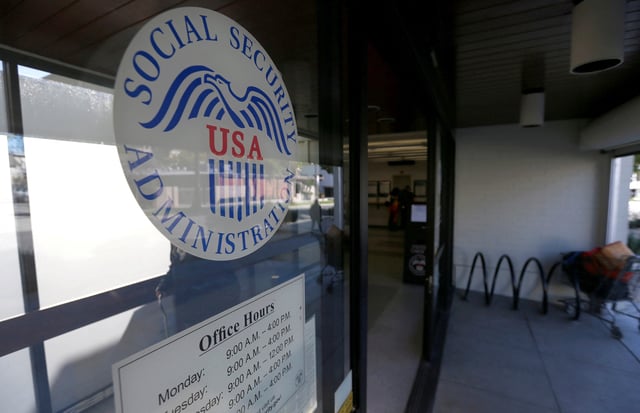Overview
- The Social Security Administration (SSA) has reversed its plan to eliminate phone-based identity verification for benefit claims after widespread criticism from advocacy groups and lawmakers.
- Starting April 14, telephone claims will include an anti-fraud check, with flagged cases requiring in-person identity proofing while others can proceed without this step.
- The initial policy, part of a broader Trump administration reform effort, would have forced millions of seniors—many in rural areas—to travel long distances to field offices for in-person verification.
- Advocates, including AARP, warned that the changes would disproportionately burden vulnerable populations, particularly seniors and individuals with limited mobility or internet access.
- The SSA continues to face challenges from staffing cuts, office closures, and increased service demand, raising concerns about the agency's capacity to meet public needs.


